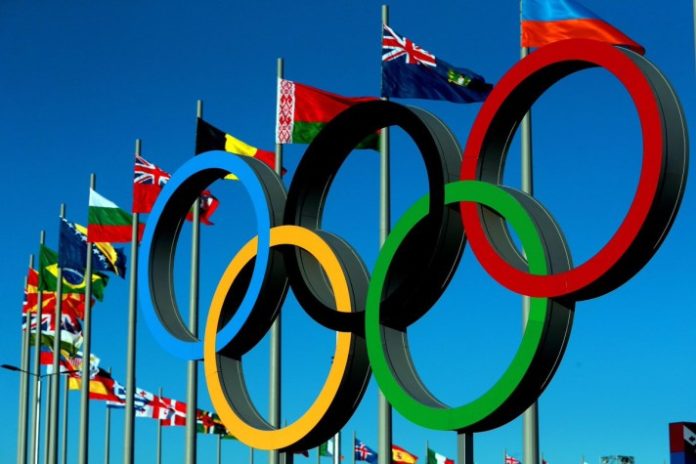Lausanne: FIFA’s desire for soccer World Cups every two years has raised “concerns” among the International Olympic Committee. Despite IOC President Thomas Bach’s statement last month that “we will not interfere in this conversation,” his organization weighed in on Saturday during a meeting in Athens to address reservations expressed with soccer stakeholders.
Clashes in the schedule with other sports, the men’s World Cup overshadowing women’s editions of the tournament, and “a further massive strain” on athlete welfare were all cited in an IOC statement after an executive board meeting.
In its statement, the IOC made no mention of future World Cup-Olympics confrontations, which might happen in 2028 when the Summer Games are hosted by Los Angeles. The IOC did criticize FIFA’s practices in promoting the biennial World Cup, emphasizing that a broader dialogue across soccer was needed.
Following a meeting with retired players last month, FIFA unveiled its detailed plan to restructure the international soccer calendar, with biannual World Cups for men and women at the focus.
Before formally engaging member federations in the World Cup strongholds of Europe and South America, FIFA head Gianni Infantino revealed the plan. However, UEFA and CONMEBOL, the governing organizations of those areas, have threatened to boycott the World Cup if FIFA goes ahead with a plan that would jeopardize their continental championships, which are held on the same four-year calendar as the IOC’s Summer Games are due in 2024.
The IOC cited “tennis, cycling, golf, gymnastics, swimming, athletics, Formula One and many others” as sports that would be affected by more World Cups. “This would undermine the diversity and development of sports other than football,” the Olympic body said.
FIFA has not stated if it wants a biannual men’s World Cup to be held on even-numbered years. The next scheduled World Cups are in 2022 and 2026. It’s possible that a changeover to odd-numbered years, beginning in 2029, may be advocated. Infantino, who is an IOC member, was questioned at an Olympic press conference following an executive board meeting if he had spoken with Bach about the biennial World Cup proposal before going public with it.
Adams said he could not give details though the IOC kept in touch with sports governing bodies. When asked last month about FIFA’s plans at an IOC news conference, Bach suggested “contributions of the continental associations” — such as UEFA and CONMEBOL — were making the issues clear.
FIFA has not established a formal deadline for a decision on its World Cup proposal, but has suggested that a meeting of its 211 member nations could take place in December.





















